Customer loyalty is earned by being great and consistent at the basics and finding ways to delight your customers in unexpected ways.
Coaching contact center associates to drive a differentiated customer experience that delights customers is a tall order for their managers, who must continually strike a balance between associate development and sustained business outcomes. Frontline excellence training, a dedicated training program for managers focused on effective coaching, associate development, business outcomes and improved customer experience, can help managers enhance their coaching skills. When executed appropriately, frontline excellence training produces contact center managers who can effectively train their associates to improve customer experience and increase first call resolution leading to cost savings and increased customer retention.
Frontline excellence training instructs managers in the following best practices of great coaches:
- Providing dedicated coaching with role modeling for the supervisors
- Utilizing highly interactive sessions to drive clarity of expectations & commitment to action
- Recalibrating the team on current vs. desired future state performance
- Refocusing team managers to listen to calls with the “ear of the customer”
- Developing targeted exercises to identify challenges and overcome barriers
- Motivating and inspiring the team to lead transformational efforts
- Defining clear action plans so the team can immediately implement what they have learned
- Measuring results to celebrate successes and ensure desired results are achieved
Through frontline excellence training, managers learn to be trustworthy and to create personal, caring relationships with associates while staying true to their word and demonstrating to their teams that they are both reliable and consistent. They learn that providing boundaries is important, but they also must be approachable and available. They are taught that they must be active listeners but also be willing to push associates beyond their comfort zones to tap into their full potentials. They learn that great coaches are deliberate about recognizing even small associate accomplishments, but also hold associates accountable for their improvements.
Empowering Associates to Deliver a Differentiated Customer Experience
Effective coaching is essential in contact center environments because it empowers associates to differentiate the customer experience. Strong coaches understand business objectives but also know how the objectives impact their associates. While improving overall metrics is the end goal, coaching to metrics seldom brings sustainable results. Giving associates a goal without explaining how to reach that goal will only lead to frustration and discontent. Highly effective coaches know that coaching to behaviors is what improves metrics!
Managers must be organized in their approach to training, prioritizing one or two behavioral improvements for each associate to work on at a time and consistently encouraging those improvements by providing focused, consistent messaging and recognizing associates for their successes. While the goal is for each associate’s metrics to improve, it is incumbent upon managers to figure out how to tie those goals to behaviors. Formal one-on-one coaching must happen with frequency so associates continually gain insights on ways they can improve, but coaching can also happen informally such as when a coach passes by an associate’s desk, hears them do something well and stops to recognize their achievement.
Accountability is essential for coaches as well as associates. Coaches are accountable for setting clear goals, defining and discussing action plans for behavioral improvements and monitoring results as well as documenting training conversations and following up on assigned action steps. Associates are accountable for making the changes requested by their coaches and improving their behaviors.
Achieving Frontline Excellence
Metrics are not only used to measure progress but are also used to diagnose opportunities to improve behavior. If the metrics indicate the need for an associate to decrease their handle time, the coach must clearly define the actions needed to accomplish this goal. Otherwise, the associate may be incentivized to hurry through calls, causing call quality to suffer. As a result, customers may not feel heard or satisfied and may end up calling back. Once opportunities for improvement are identified, coaches need to have interactive sessions with associates. By listening to calls together and letting associates react first, they can ensure associate buy-in. After motivating associates to modify behaviors, coaches must measure their progress with metrics. If improvements fall short of the goal, coaches should recommend alternative approaches.
Effective coaching strikes the right balance between business outcomes and associate engagement. Strong coaches with clearly defined action plans can improve business results. Associates who are coached to become higher performers are happier in their roles which increases employee retention! To achieve this balance, coaches must set clear goals, meet with associates frequently to discuss action plans and continuously monitor and recognize results.
To improve their metrics, associates must be willing to listen and learn. This may require going back to calls they failed to convert to see if they could have done more. There is always room for improvement, but effective coaching provides contact center associates with the skills needed to achieve frontline excellence by delivering a differentiated customer experience that delights customers in unexpected ways, thereby ensuring better business outcomes.
Frontline excellence training allows customer service leaders to become effective coaches and to focus on both associate development and sustained business outcomes! Coaches who do this well will see results. To find out how The Northridge Group can help your organization develop a frontline excellence training program, contact us.
